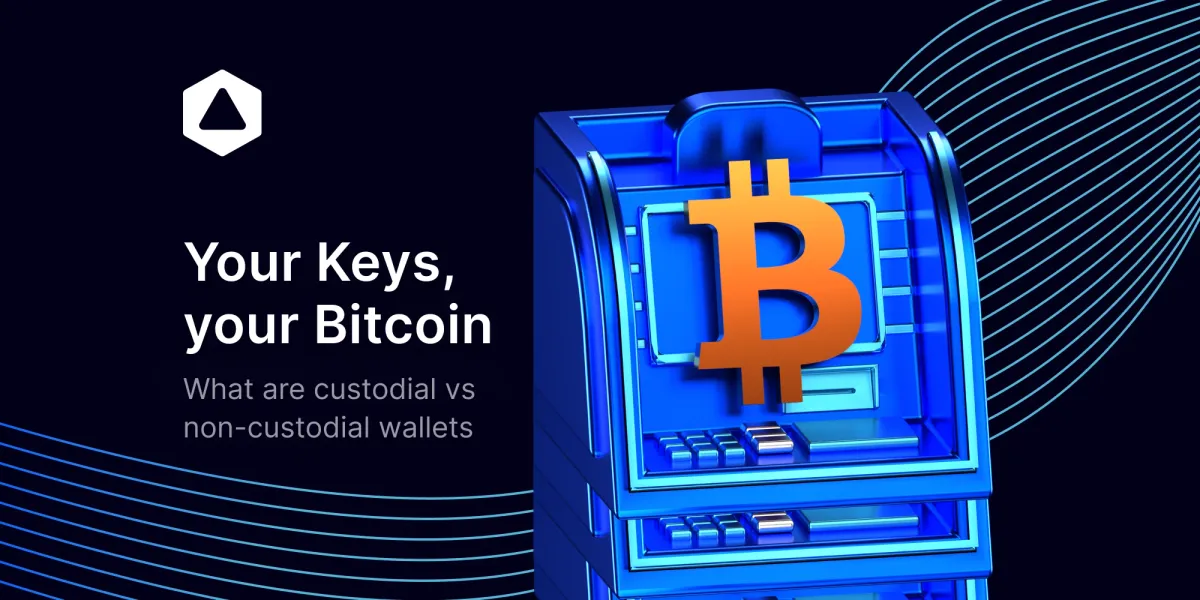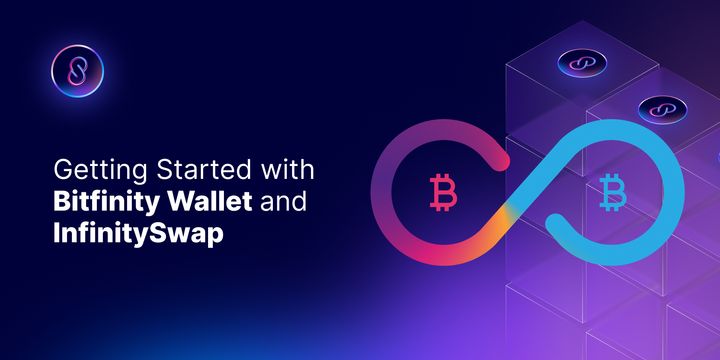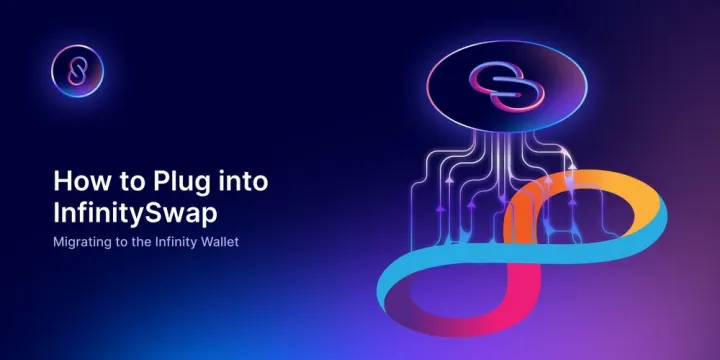Your keys, your Bitcoin: what are custodial & non-custodial wallets

Crypto Wallet
It is difficult to create an effective exchange platform without wallet integration. The first thing you will need to launch a Bitcoin exchange firm is a safe cryptocurrency wallet. A crypto wallet is distinct from your physical billfold which holds cash and credit cards. A crypto wallet aims to authorize users to interact with the blockchain, either using software or a specialized hardware device. It functions as a digital storage to secure access to your cryptocurrencies or access decentralized applications (DApps). It serves as a mechanism for holding assets and managing cryptocurrency balances. Crypto Wallet essentially stores the public and private keys necessary to send, receive and store cryptocurrency transactions. A crypto wallet is made of two-component;
A private key and a public key. They’re created for encryption and decryption.
Private keys and public keys are a pair of cryptographic keys used to secure cryptocurrency wallets. The private key is used to sign transactions, while the public key is used to verify those transactions. A public key is like a bank account number, in that it can be shared with anyone who wants to send you cryptocurrency whereas a private key is like a PIN to your wallet access of funds.
The popular crypto saying popularized by Andreas Antonopoulos “Your keys, your Bitcoin. Not your keys, not your Bitcoin” captures the explanation of custodial and noncustodial wallets.
Custodial Wallet
Ideally the term “custodial” means to be in the custody of something. A custodial wallet simply refers to a crypto wallet whose control is not in the hands of the wallet owner. This explains the user's private keys are held by a third party. This type of wallet is commonly used by centralized crypto exchanges like Binance, Kraken, and Coinbase.
In custodial wallets, account owners need not worry about keeping their seed phrase or private keys as what they need to access their funds is their account log-in details (usually email and password).
Non-Custodial Wallet
Contrary to the custodial wallet, a non-custodial wallet is decentralized. It gives users maximum control over their digital assets, they have full ownership of their private keys and are responsible for keeping them safe. There are no intermediaries, you can trade crypto directly from your wallets.
You will need a non-custodial wallet when interacting with a decentralized exchange (DEX) or decentralized application (DApp).
A non-custodial wallet could be anchored as a browser extension (like Phantom and Metamask) or could be a desktop wallet. For a holder to use this wallet for transactions, they will have to connect it to the platform where it is to be used before they can conduct such transactions.
Bitfinity Wallet
The Bitfinity Wallet is a simple, yet elegant, browser extension that allows users to hold and transact tokens and NFTs on the ICP network and opens the door to Web3.
Bitfinity is a non-custodial wallet cryptocurrency and token which means it is a secured browser-based platform (chrome) in which user’s privacy is respected and controls their assets. it is a safe and secure choice for newcomers or advanced crypto users alike. Your Bitfinity Wallet can be used almost like a passport, enabling digital proof of identity. The Internet Computer Naming Service (ICNS) is perhaps the most prominent example that self-custodial wallet ownership is increasingly following this route.
Conclusion
As a user, you will be constantly faced with deciding between soothing and control when choosing a crypto wallet type. On the Bitfinity Network, the roles have been laid out and users have absolute control over their digital assets, to enable a more secure platform for our users.

Connect with Bitfinity Network
Bitfinity Wallet | Bitfinity Network | Twitter | Telegram | Discord | Github

*Disclaimer: While every effort is made on this website to provide accurate information, any opinions expressed or information disseminated do not necessarily reflect the views of Bitfinity itself.





Comments ()